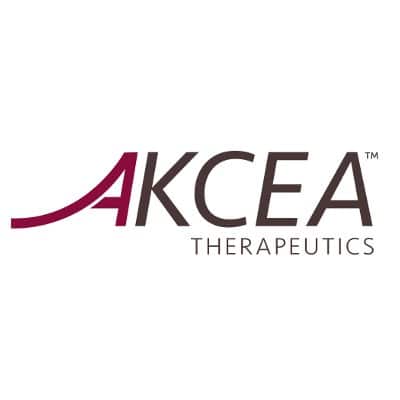
Novartis has acquired rights to a novel cardiovascular drug from Akcea Therapeutics, which it says to could be a first-in-class and treat millions of patients.
The drug, now named TQJ230, is based on the RNA-targeting platform developed by Akcea and its parent company Ionis, and targets Lp(a), a lipoprotein which carries raised cardiovascular risk in those with elevated levels.
Previously known as AKCEA-APO(a)-LRx, if approved the drug would be the first ever treatment for elevated Lp(a). This is an independent genetic risk factor for cardiovascular disease that cannot be managed by lifestyle modifications, including diet or exercise, or with treatment using existing cholesterol-lowering therapies.
Akcea says there are estimated to be more than eight million patients living with cardiovascular disease (CVD) and elevated levels of Lp(a), representing 20-30% of people with pre-existing CVD.
Results of a phase 2 study presented at AHA in November 2018 showed that TQJ230 significantly reduced Lp(a) in patients with high Lp(a) and pre-existing CVD.
Novartis will now take on worldwide development and commercialisation, and has paid Akcea an upfront licence fee of $150m.
This adds to an earlier $225m payment in cash and equity investments for TQJ230 and another Akcea candidate. The deal also includes potential royalties, licensing fees and milestones of more than $1.6 billion.
The deal reflects Novartis’ focus on developing novel therapies for cardiovascular disease – an area with fewer obvious new targets, and where many big pharma companies have disinvested from in recent years in favour of areas such as oncology and rare diseases.
The difficulty of developing and commercialising new cardiovascular treatments has been illustrated by two other Novartis drugs – Entresto and canakinumab. The former, a heart failure treatment, is now gaining momentum after a slow start since its launch in 2015.
Meanwhile canakinumab, a novel inflammation-targeting treatment to prevent stroke and heart attacks, has now been withdrawn from regulatory submission after the EMA and FDA raised doubts about its efficacy data.
The new development deal could help plug a gap left by canakinumab in its late-stage CVD pipeline.
Novartis plans to conduct a phase 3 cardiovascular outcomes trial, which will need to provide robust evidence of safety and efficacy in a large number of patients in order to sway regulators and provide a strong launchpad into the market.
Two other novel CVD therapies which illustrate the market resistance to new and high cost products are Sanofi/Regeneron’s Praluent and Amgen’s Repatha.
The companies have had to slash their prices in the US and Europe (down from around $14,000 for a year’s treatment in the US to $5,850) after slow uptake in both these key markets. This experience will provide a pointer for Novartis, which will have to achieve broad uptake of its drug, if and when it is eventually approved, if it is to recoup its investment.

Novartis’ John Tsai
Despite these headwinds, Novartis is confident the clinical offering of the treatment is a great opportunity for it and improving patient care.
“No treatments are currently available to substantially lower Lp(a). People with this inherited risk factor are facing cardiovascular risks that cannot be addressed effectively with lifestyle changes,” said John Tsai, head of global drug development and chief medical officer at Novartis.
“We’re excited about the novel, RNA-targeting approach that could be a game-changer for people with elevated Lp(a). If our phase 3 trial succeeds, we expect that TQJ230 will become the leading treatment option and another pillar of our longstanding commitment to re-imagining cardiovascular medicine.”




